Politics
Iran hints at ‘new form’ of cooperation with IAEA
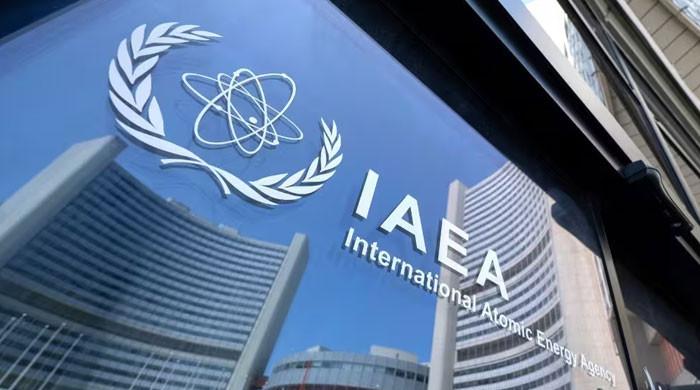
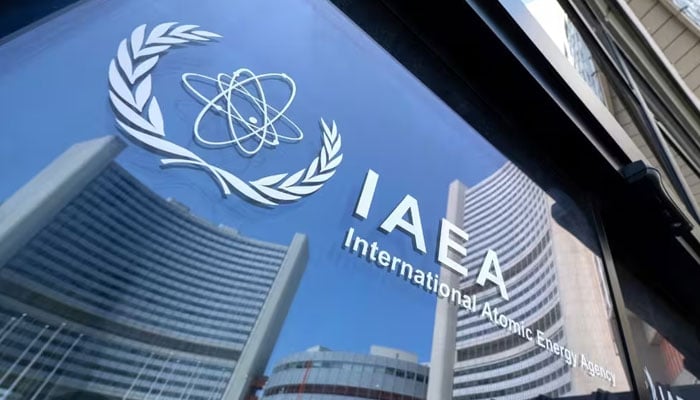
TEHRAN: Iran has played down the return of UN nuclear inspectors, saying it does not mean full cooperation has resumed.
Officials hinted instead at a “new form” of working with the International Atomic Energy Agency (IAEA), weeks after ties were frozen in the wake of deadly Israeli and US strikes at the nuclear sites in the country in June earlier this year.
Inspectors from the International Atomic Energy Agency began work at the key nuclear site of Bushehr in southwestern Iran, the nuclear watchdog’s chief, Rafael Grossi, said, the first team to enter the country since Tehran formally suspended cooperation with the UN agency last month.
“No final text has yet been approved on the new cooperation framework with the IAEA, and views are being exchanged,” Foreign Minister Abbas Araghchi said, quoted by state television.
The agency’s inspectors left Iran after Israel launched its unprecedented attack on June 13, striking nuclear and military facilities as well as residential areas and killing more than 1,000 people.
Washington later joined in with strikes on nuclear facilities at Fordo, Isfahan and Natanz.
Iran retaliated with missile and drone attacks that killed dozens in Israel. A ceasefire between Iran and Israel has been in place since June 24.
Iran subsequently suspended its cooperation with the IAEA, citing the agency’s failure to condemn the Israeli and US attacks.
But on Wednesday, Grossi said the inspectors were “there now”, adding: “Today they are inspecting Bushehr.”
Under the law suspending cooperation, inspectors may access Iranian nuclear sites only with the approval of the country’s top security body, the Supreme National Security Council.
Tehran has said repeatedly that future cooperation with the agency will take “a new form”.
The spokesman for Iran’s Atomic Energy Organisation, Behrouz Kamalvandi, said the IAEA inspectors would oversee the replacement of fuel at the Bushehr nuclear power plant.
He made no mention of whether inspectors would be allowed access to other sites, including Fordo and Natanz, which were hit during the war.
‘Litmus test’
Grossi, on a visit to Washington, said discussions about inspecting other sites were underway with no immediate agreement.
“We are continuing the conversation so that we can go to all places, including the facilities that have been impacted,” he said.
He said that Iran cannot restrict inspectors only to “non-attacked facilities.”
“There is no such thing as a la carte inspection work.”
The return of inspectors came after Iranian diplomats held talks with counterparts from Britain, France and Germany in Geneva on Tuesday.
Their second round of talks since the Israeli attacks included discussion of European threats to trigger the reimposition of UN sanctions against Iran before they are permanently lifted in mid-October.
The window for triggering the so-called “snapback mechanism” of a moribund 2015 nuclear deal between Iran and major powers closes on October 18.
During their previous meeting with Iran in July, the three European powers suggested extending the snapback deadline if Tehran resumed negotiations with the US and cooperation with the IAEA, the Financial Times reported.
Iran later dismissed the Europeans’ right to extend the deadline, and said it was working with its allies, China and Russi, to prevent the reimposition of sanctions.
Iran’s deputy foreign minister Karim Gharibabadi on Wednesday said that if the snapback is triggered, “the path of interaction that we have now opened with the International Atomic Energy Agency will also be completely affected and will probably stop.”
On Tuesday, Russia circulated a draft UN Security Council resolution aimed at pushing back the deadline for triggering snapback sanctions by six months, according to the text seen by AFP.
The Russian proposal does not set preconditions for the deadline extension.
Russia’s deputy UN ambassador, Dmitry Polyanskiy, said that the updated proposal was designed to “give more breathing space for diplomacy”, adding that he hoped it “will be acceptable”.
“It will be kind of a litmus test for those who really want to uphold diplomatic efforts, and for those who don’t want any diplomatic solution, but just want to pursue their own nationalist, selfish agendas against Iran,” he told the media.
Politics
More repatriation flights as Middle East airspace shutdown leaves thousands stranded
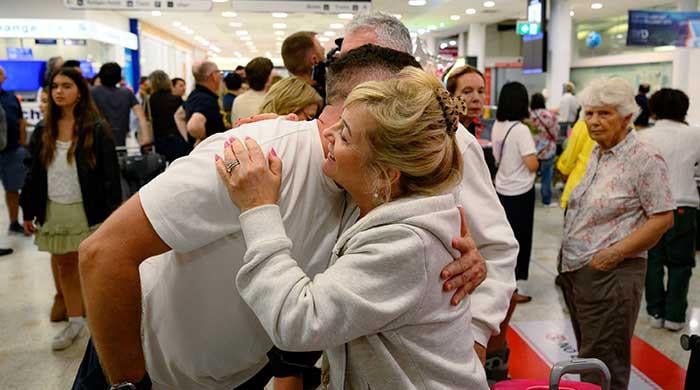
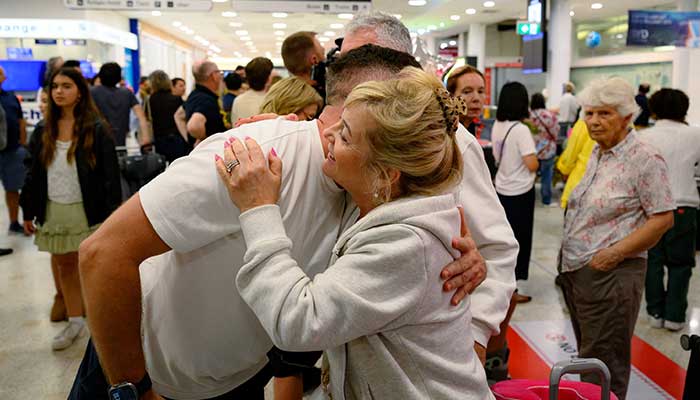
- Airline shares stabilise after significant losses.
- Skies over swathes of Middle East still empty.
- Worst crisis for global travel industry since Covid-19.
Dozens of repatriation flights were due to depart from the Middle East on Wednesday as governments hurried to bring tens of thousands of stranded citizens home in the midst of an intensifying US and Israeli conflict with Iran.
Skies over most of the Middle East remained empty of commercial planes on Wednesday, with major Gulf hubs, including the world’s busiest international airport in Dubai, largely shut for a fifth day, in the biggest travel disruption since the Covid-19 pandemic.
The first repatriation flights were due to leave for Britain and France on Wednesday, and the United Arab Emirates opened special corridors to allow some citizens to return home. Normally, thousands of commercial flights would take off from the region daily.
Marooned tourists and some expatriates have also tried to find their own way out.
“We’re doing this cautiously,” said French Finance Minister Roland Lescure. The French government said several repatriation flights for its citizens, around 400,000 of whom are in the region, were planned for Wednesday.
A British chartered flight will leave Oman on Wednesday evening, prioritising vulnerable UK nationals, the British Foreign Office said.
Emirates, the world’s largest international carrier, said all routes to and from Dubai remain suspended until March 7 and it was operating a “limited” flight schedule from Dubai International and from Maktoum International.
The New Zealand government said it expected a total of 121 repatriation flights to depart from Dubai International Airport on Wednesday.
Qantas, meanwhile, was running extra flights to bring British people stuck in Australia back home, but would have to route them via a refuelling stop in Singapore as an alternative to the normal Middle East hubs.
With airspace severely constrained, many airlines are carrying extra fuel or making additional refuelling stops to guard against sudden rerouting or longer flight paths through safer corridors.
Airline shares were less volatile on Wednesday after double-digit percentage drops in the past few days, which wiped tens of billions of dollars from airlines’ market value.
Lufthansa was up 3% at 1306 GMT, while Qantas closed down 2.7% lower, having lost more than 10% of their value so far this week. BA-owner ICAG was up 2%, having fallen more than 13% in the past three days.
Airline executives have said that crew and pilots are now scattered across the world, complicating the process of resuming flights when airspace reopens. Soaring prices of oil will also add to carriers’ costs.
Analysts said flights will become more expensive if longer routes become the only options for international carriers.
The Gulf is also a major hub for air cargo, putting further pressure on international trade routes following the disruption of Red Sea shipping routes.
Asian airline stocks
Shares of US carriers United Airlines, American Airlines and Delta Air Lines were all up about 1% in pre-market trading, while Southwest Airlines shares were marginally lower.
Most Asian airline shares pared losses from earlier this week, though Korean Air Lines shares fell 7.9% after dropping 10.3% on Tuesday.
South Korea’s stock market was closed on Monday when most airline and travel stocks bore the brunt of the impact from the conflict.
Oil prices have risen sharply this week, with Brent crude oil up around 14% since the US-Israeli strikes on Iran, potentially pushing up fuel costs for airlines.
Hedging is expected to help mitigate some of the cost increases.
“Recent guidance indicates that the airlines have hedged around 50% of their jet fuel needs. In general, they should be able to pass through the balance of the price rise to passengers,” Lorraine Tan, director of equity research for Asia at Morningstar, said.
Politics
Dubai warns of jail, hefty fine for spreading rumours


DUBAI: Dubai Police have issued a fresh warning that spreading rumours, false information or sharing content that contradicts official announcements is a criminal offence punishable by up to two years in prison and a fine of at least 200,000 dirhams.
In a statement on Wednesday, Dubai Police urged the public not to circulate images or information except those released through official channels by the Government of Dubai.
Authorities said publishing or forwarding unverified material, particularly content that could incite panic or fear among the public, would be treated as a violation of the law.
“Your social media post may seem ordinary to you, but for others it could be intelligence,” officials said, warning users to act responsibly online.
Under the regulations, offenders face a minimum of two years’ imprisonment and a fine starting from 200,000 dirhams (approximately Rs 15.2 million).
Politics
Israel Strikes Hezbollah Ally’s Office in Sidon
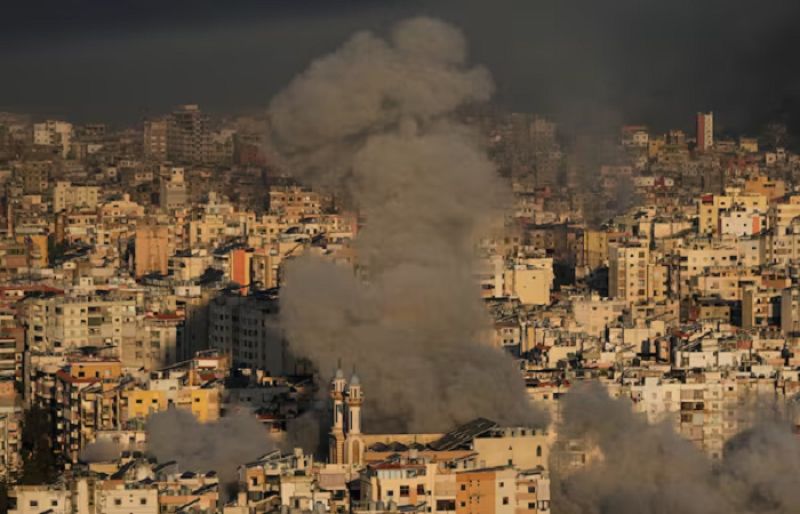

Israel carried out an airstrike on a headquarters belonging to Al-Jamaa Al-Islamiya, an ally of Hezbollah and Hamas, in the southern Lebanese city of Sidon, according to Lebanese state media.
Reports said the strike targeted the group’s office in the coastal city on Tuesday.
Rescue teams and emergency responders rushed to the site following the air raid.
Escalating Regional Tensions
The attack comes amid heightened tensions across the Middle East following expanding military confrontations in the region.
Israel has previously accused Hezbollah and allied groups of coordinating activities with Hamas.
Sidon, one of Lebanon’s major coastal cities, had largely avoided heavy bombardment during the last Israel-Hezbollah conflict.
Background
A November 2024 ceasefire had sought to end the previous war between Israel and Hezbollah.
However, the latest strike indicates renewed tensions and the possibility of further escalation in southern Lebanon.
Authorities have not yet released detailed casualty figures from the attack.
-

 Business5 days ago
Business5 days agoIndia Us Trade Deal: Fresh look at India-US trade deal? May be ‘rebalanced’ if circumstances change, says Piyush Goyal – The Times of India
-

 Business1 week ago
Business1 week agoHouseholds set for lower energy bills amid price cap shake-up
-

 Politics6 days ago
Politics6 days agoWhat are Iran’s ballistic missile capabilities?
-
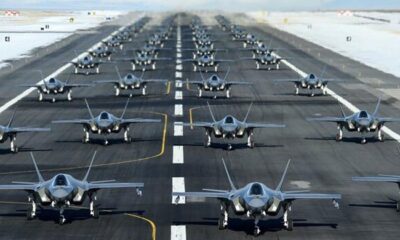
 Politics6 days ago
Politics6 days agoUS arrests ex-Air Force pilot for ‘training’ Chinese military
-

 Sports1 week ago
Sports1 week agoTop 50 USMNT players of 2026, ranked by club form: USMNT Player Performance Index returns
-
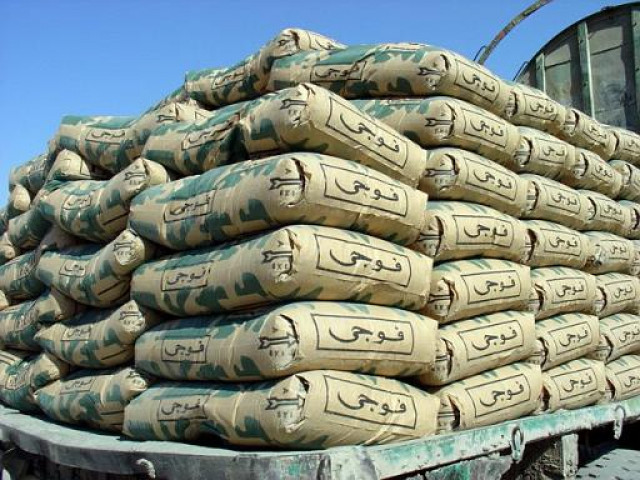
 Business6 days ago
Business6 days agoAttock Cement’s acquisition approved | The Express Tribune
-

 Fashion6 days ago
Fashion6 days agoPolicy easing drives Argentina’s garment import surge in 2025
-

 Sports6 days ago
Sports6 days agoSri Lanka’s Shanaka says constant criticism has affected players’ mental health






